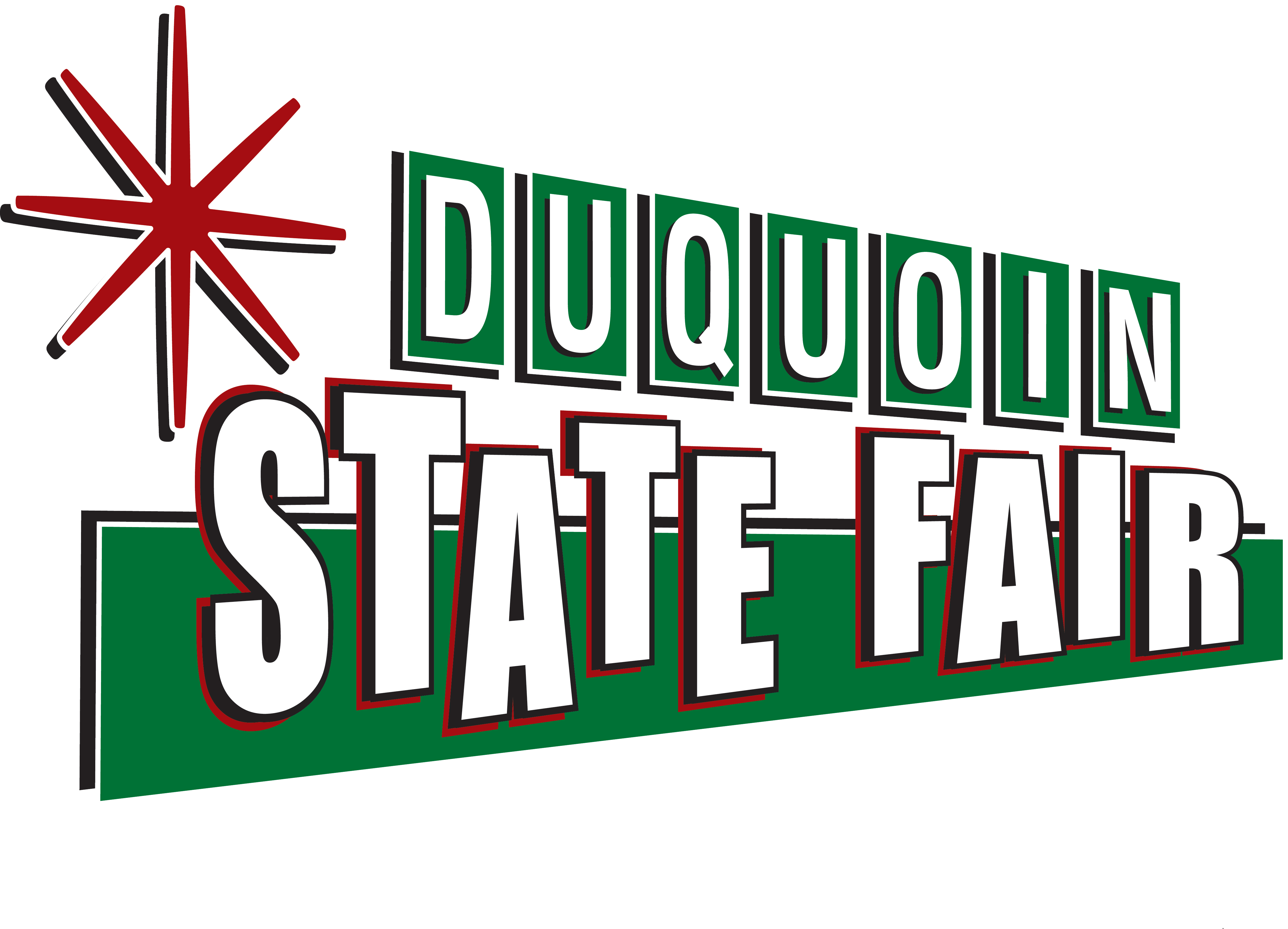Native Pollinator Areas
Native pollinators play a critical role in the health of our ecosystems and the success of our agricultural systems. These vital creatures, including bees, butterflies, and other insects, are essential for the pollination of many crops we rely on for food, as well as the wild plants that support biodiversity. Native pollinators directly contribute to the production of fruits, nuts, and vegetables while also ensuring food security for communities and promoting a healthy environment.
Native pollinators are especially important to agriculture. Farmers and gardeners benefit from the services provided by these pollinators, which can lead to increased crop yields and improved quality of produce. In turn, this minimizes the need for artificial pollination and reduces dependency on chemical inputs, promoting a more sustainable farming approach. Utilizing native plantings and fostering habitats for these pollinators can create a symbiotic relationship that enhances both ecological balance and agricultural productivity.
Here at Du Quoin State Fairgrounds, we’ve taken two basic approaches in native plantings. At the Cabin on Main Street and the circle in front of the Grandstand, you’ll find more organized plantings. In these areas, potted plants make up the bulk of the plantings. In “the Hills” area (near the Nature Trail), you’ll find areas planted with bulk native seed. These areas may look “weedy” and unorganized. Throughout each season, visitors can find the beauty in the native plantings. Take your time: stop, look and listen. See how many bees, butterflies and bugs you can spot. Or pull up your favorite ID app and learn more about plants you see.



